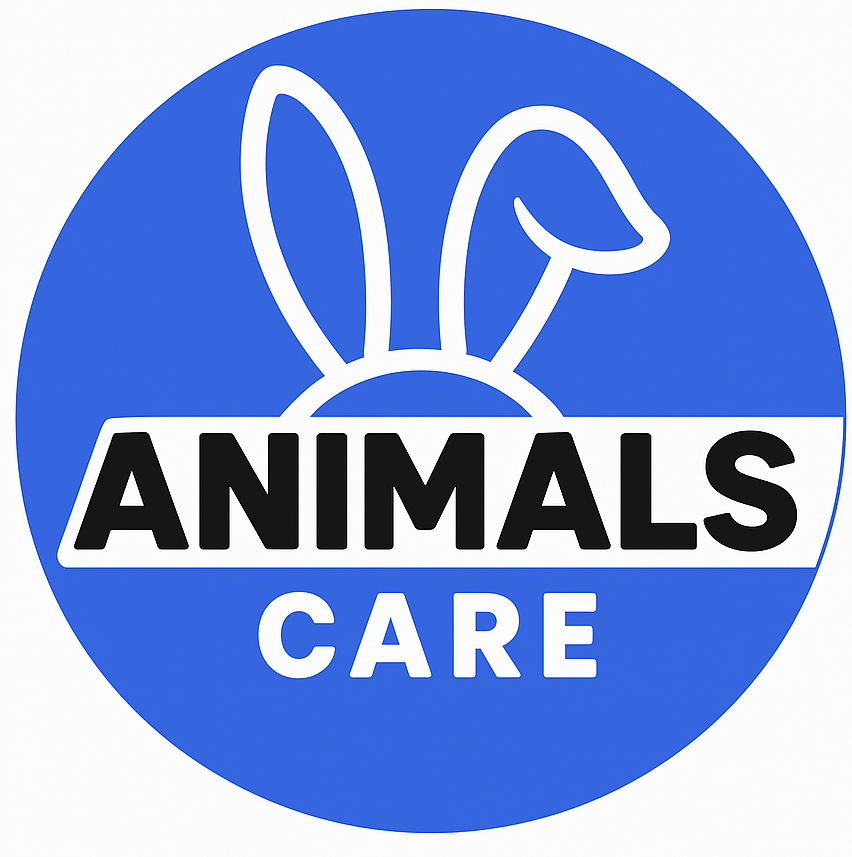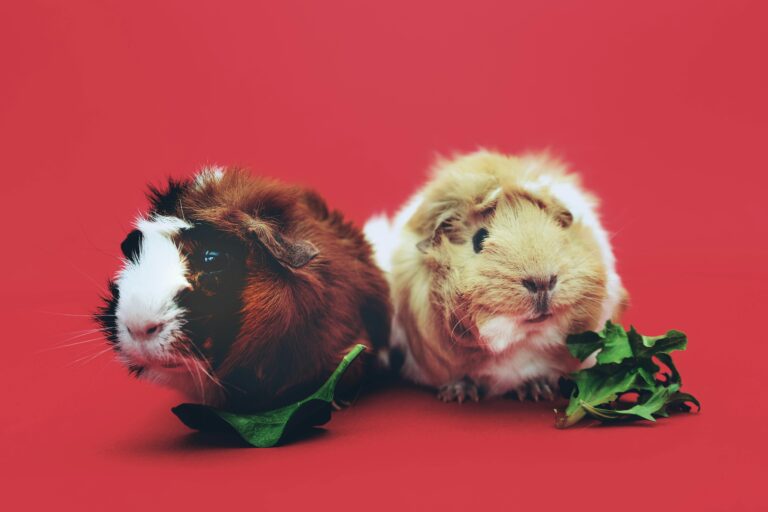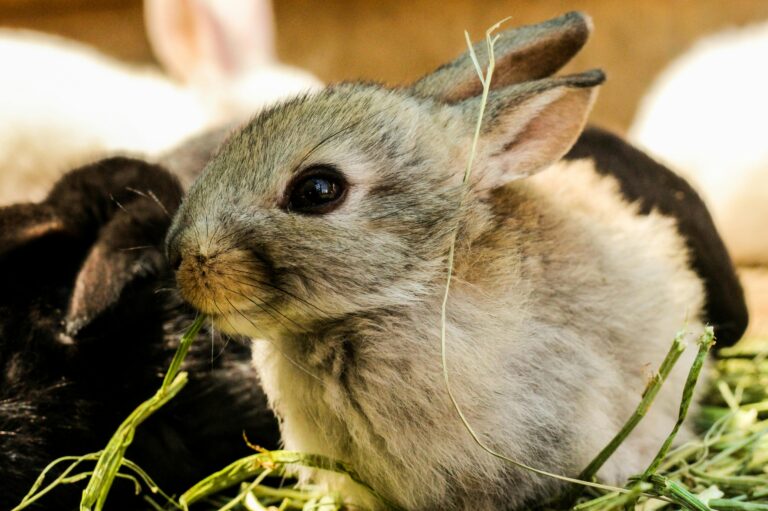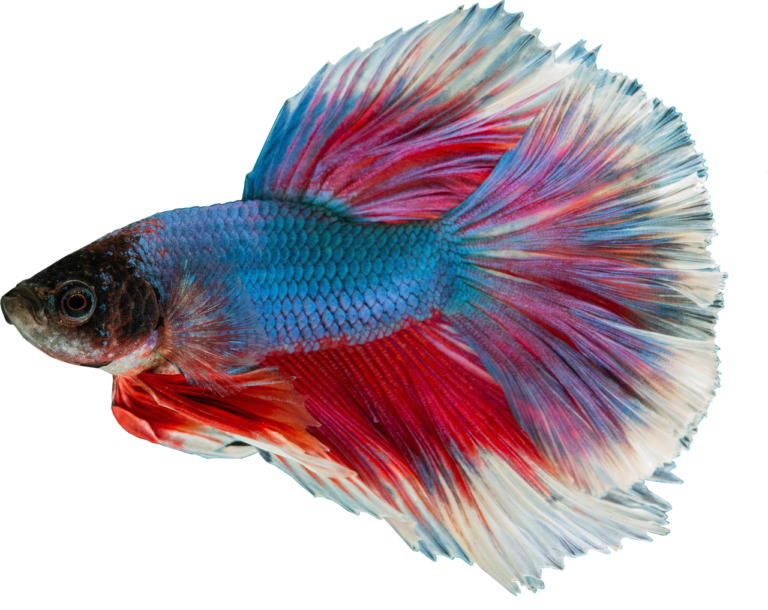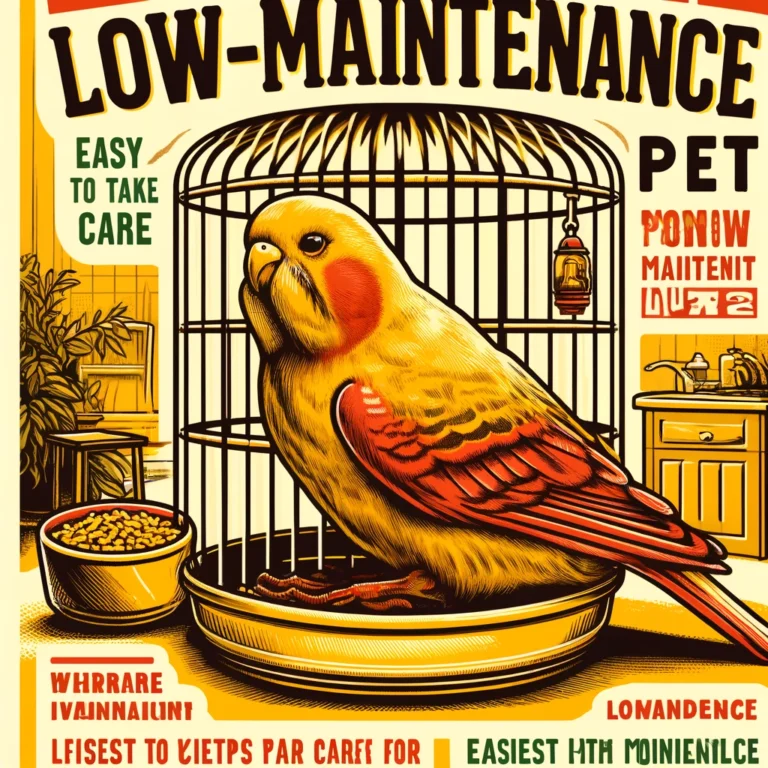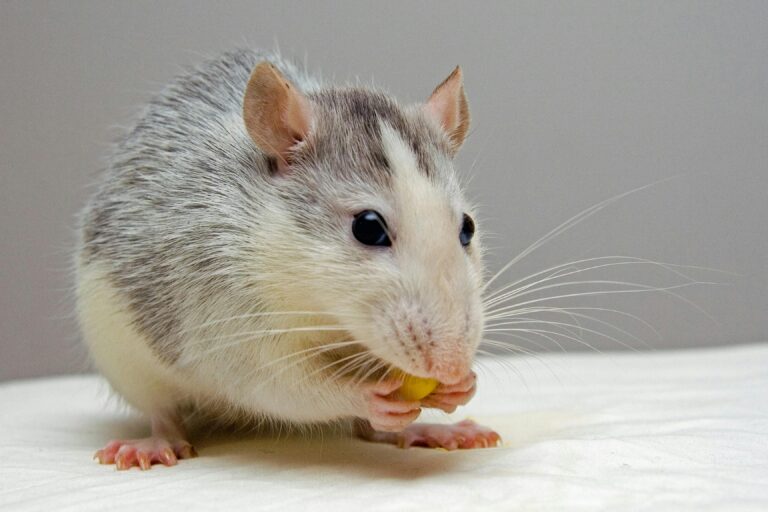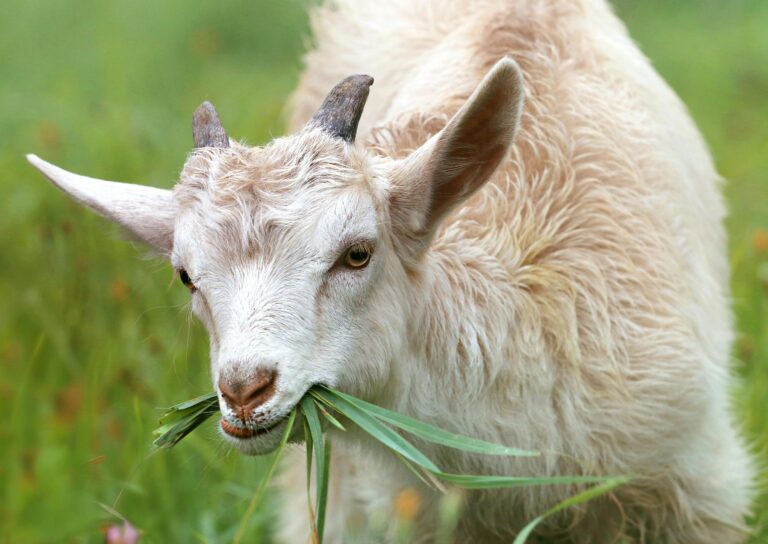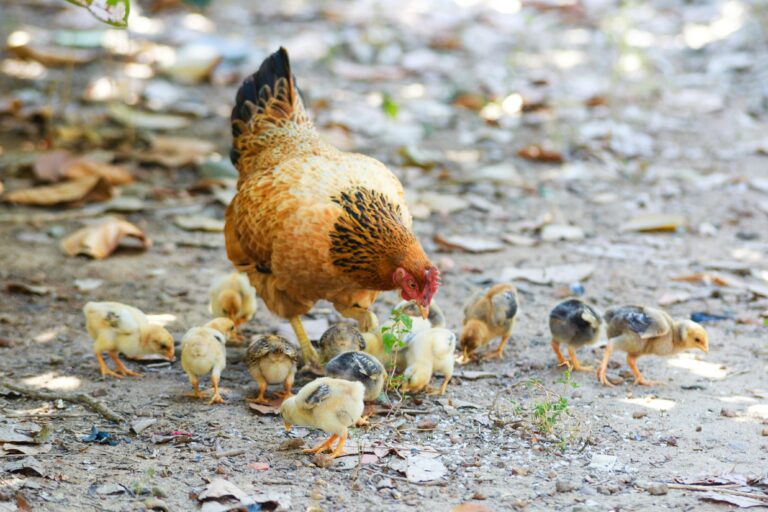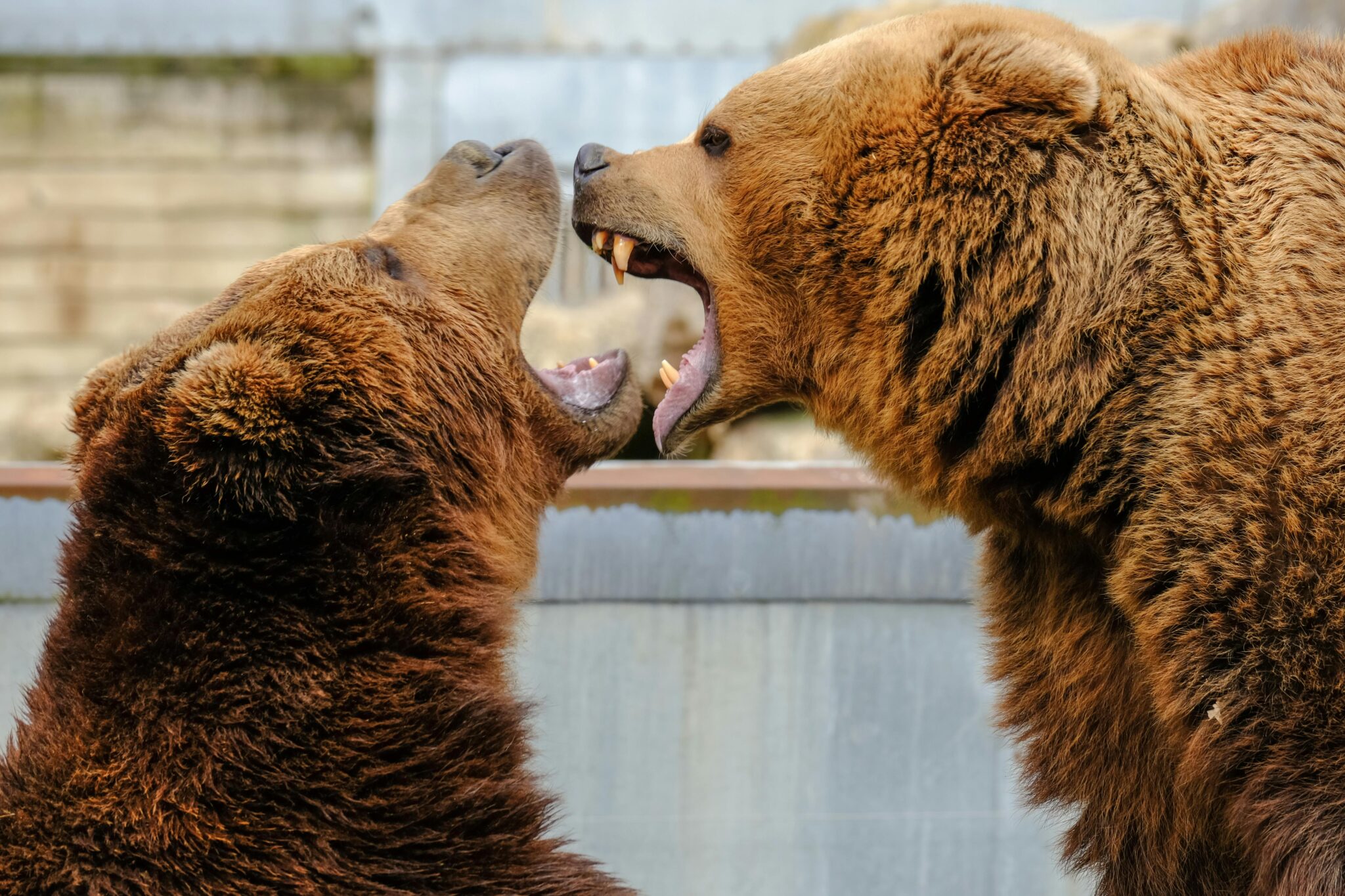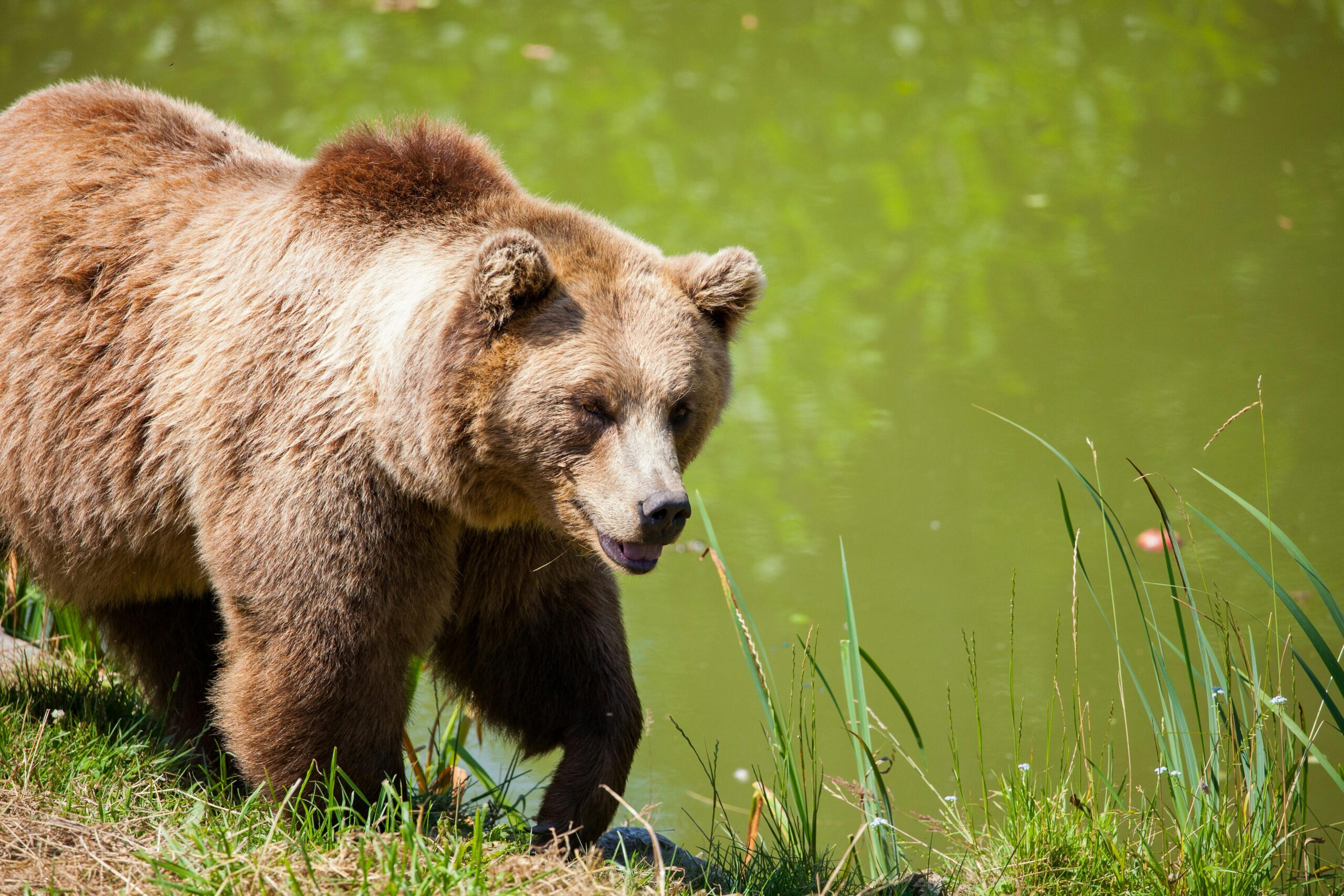The Ultimate Guide to Dog Nutrition: What Should Your Dog Really Eat?
Nutrition for your fur friend is equally as important to keep them thriving. In this case, a balanced diet full of diverse nutrients is important in terms of a general health and well-being of the pet. Just like humans, a dog has specific components that they should have in their meals for the support of growth, energy, and longevity. Let’s look at the main elements to be included in your dog’s diet in order to assure them of the best health and well-being. Understood properly, nutrition in dogs opens pathways for you to make wise decisions that will go hand-in-hand with having a healthier and happier life for your precious companion.
Table of Contents
1. Proteins: The Building Blocks of dogs nutrition
Healthy fats in dogs are not just a source of energy; they enable the assimilation of fat-soluble vitamins A, D, E, and K and contain concentrated energy that keeps your dog active.
Omega-3 and Omega-6 fatty acids are great additions since they will work toward healthy skin and a shiny coat, reduce inflammation, and optimize brain function. Adding sources like fish oil and flaxseed oil and specific meats promotes the nutrition of your canine friend.
Fats: Powering Health and Energy dogs nutrition
Besides the fact that they are a source of energy, healthy fats are essential components of a dog’s diet. They help absorb fat-soluble vitamins A, D, E, and K, as well as yield a concentrated source of energy that makes your dog lively.
Omega-3 and Omega-6 fatty acids are particularly great for healthy skin, a shiny coat, lowering inflammation, and even brain function. Adding sources such as fish oil, flaxseed oil, and added meats will provide your dog with the nutrition needed.
Vitamins and Minerals: Supporting Essential Functions
Vitamins and minerals are a crucial part of canine nutrition. They help support every aspect from an immune boost to a healthy bone system.
Calcium and Phosphorus: For healthy bones and teeth.
Vitamin A: for good vision, healthy skin, and immune function.
B Complex: They help to run energy production and metabolism.
Vitamin E: an antioxidant which keeps the skin healthy
Most quality dog foods are produced with a balanced combination of these nutrients, but some dogs will require supplements depending on their needs or diet.

2. Common Feeding Mistakes to Avoid
A healthy and happy dog requires proper attention to be paid to dogs nutrition. However, many owners unknowingly make common mistakes that go against their pet’s health. Avoiding these pitfalls will help ensure that your dog thrives: Feeding table scraps may seem like a good idea in the moment. Prevent unhealthy weight gain and unbalanced diets by refraining from letting your dog share your meals. Many human foods are high in fat, salt, or sugar, and could be bad for your pet. Use dog food for their everyday meals, and save those treats for only special times.
Feeding too many table scraps Most dogs nutrition
While it might be tempting to share a meal with your dog, feeding your pet table scraps can cause an unbalanced diet and unhealthy excessive weight. Most human foods contain large amounts of fat, salt, or sugar, which will not be good for your pet. Instead, maintain the dog-specific food as their regular meals and save special treats for special occasions.
Feeding too many or generous treats or snacks
Treats are such a great reward for your dog but should be used very occasionally. Overindulging in treats causes obesity and disruptions in nutritional balance. A general guideline is to have treats make up no more than 10% of a dog’s daily caloric load. Emphasize the use of healthy, low-calorie treats that support great dogs’ nutrition.
Not Adjusting Portions as Your Dog Ages
As dogs grow older or lose their activity level, the nutritional intake also has to change. A lack of change in serving sizes could lead to weight problems and other health issues that come with having excess weight. You should observe how often your dog increases its activity level and the dog’s age, then decide whether you should change your dog’s food intake to stabilize nutrition.
Keep away from these easy mistakes and ensure the right nourishment of your dog so your furry buddy lives longer and happier!
3. Understanding Your Dog’s Behavior: How to Decode Common Dog Habits

There is a specific way in which dogs communicate, and sometimes, their behavior puzzles. Don’t you wonder why the dog barks at the door, chews your favorite shoes, or digs up the backyard? These are some common questions about dogs. It is through the understanding of one’s dog’s behavior that strengthens the bond and meets his needs as his caregiver. Here is a guide on decoding what your dog is trying to say.
Common Canine Behaviors and What They May Mean
Barking When barking, dogs communicate their surroundings. If your dog barks at the door, they might be guarding a particular space or showing excitement over a visitor. The context of the situation along with the pitch and tone of the bark might indicate how your dog is trying to communicate.
Chewing Dogs chew out of instinct, and it’s one of the most natural behaviors dogs can have. Puppies chew to help soothe their gums while teething, whereas adults may chew out of boredom or anxiety. Destructive chewing can be prevented if your dog has enough safe and acceptable alternatives available for his chew drive.
Digging Digging is interesting to some dogs, especially terrier breeds. Some of the reasons dogs dig include cooling off, exploring, or out of boredom. Offering more mental and other forms of stimulation can help minimize this behavior.
Tail Wagging dogs nutrition : When a wagging tail is often associated with a happy dog, one must consider the interpretation based on context. A fast wagging movement with a high tail will likely be interpreted as excitement, while slow wagging movements of the tail kept low may reflect fear or submission. Overall, monitoring your dog’s body language will give you a far clearer idea of their perspective.
Understanding these behaviors helps you to answer your canine’s needs properly, thus leading a stronger connection between you and your pet. It helps you recognize how your animal communicates and lets you build a better relationship with them for their joy.
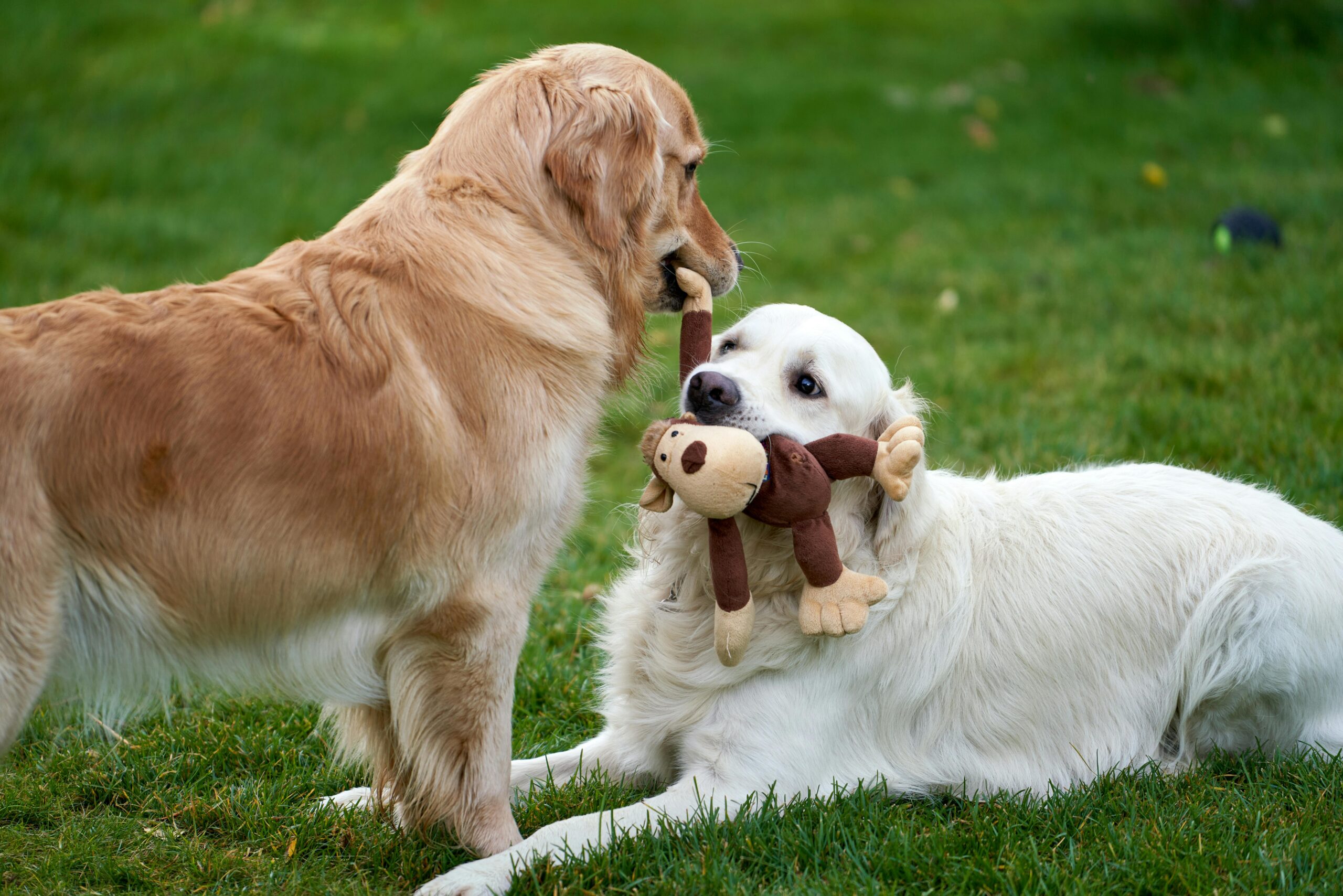
4.Top 10 Best Dog Breeds for First Time Owners with low maintenance
Choosing your first dog is quite a big decision! Some breeds are easier to care for than others, especially for new pet owners. Here’s a list of friendly, trainable, and low-maintenance breeds perfect for beginners. Remember, a well-nourished dog thrives better and is more manageable, so choosing a breed that fits your lifestyle is essential.
Golden Retriever
Golden Retrievers are friendly, affectionate, and easy to train. They get along with children and families and can be a great companion for everyone easy pets to care .
Labrador Retriever
Friendly and energetic, Labrador retrievers are glad to please. They like regular exercise to keep them active and happy, in conjunction with a good diet of dogs nutrition low maintenance dogs .
Cavalier King Charles Spaniel
Small and affectionate, Cavalier King Charles Spaniels are great cuddlers. They are quite adaptable to different types of living spaces easy pets to care.
Poodle
Poodles are intelligent and hypoallergenic. Hence, it is a great companion for people who have allergies. They come in various sizes and are very easy to train.
Shih Tzu
Friendly and low-energy, Shih Tzus are perfect for apartment living. They love being closed to their owners and really make great companions.
Beagle
Beagles are playful and curious dogs who love to discover their surroundings. These dogs suit active families who love outdoor activities, especially when their nutritional needs are met.
Bichon Frise
Small, lively, and hypoallergenic, Bichon Frises are perfect for those who have allergies. However, they are adoring and devoted dogs that love to be around their human pack members.
Boxer
Boxers are energetic, loyal, and protective. They are pretty amazing with kids, too, and love to play-this makes them a great family dog. Proper feeding keeps them at top energy.
Cocker Spaniel
These dogs are friendly and affectionate. Therefore, they demand regular grooming. However, they are very wonderful companions, enjoy human interaction, and proper nutrition for dogs.
French Bulldog
French Bulldogs are low-energy and thus suitable for apartments, though they do enjoy playing, need attention, and can adapt to almost any lifestyle. They should receive balanced dogs nutrition.
These breeds are essentially easy-going and affectionate for first-time dog owners. Remember, investing in your dogs’ nutrition is just as important as understanding their behavior, leading to a healthier and happier life for both of you!
5.The Importance of Regular Exercise for Dogs: Keeping Your Pet Healthy and Happy

Just like humans, dogs need to engage in regular exercise to stay healthy, both physically and mentally. Exercise is a great way to prevent obesity, strengthens their muscles and joints, and can even improve their mood. Proper dogs nutrition also plays a vital role in supporting their energy levels and overall well-being.
How Much Exercise Does My Dog Need? dogs nutrition
Depending on your dog’s age, breed, and health, the amount of exercise your dog needs will be different:
Puppies and Young Dogs Puppies have boundless energy! Frequent walks, playtime, and training sessions help burn that off, while perfecting good habits. With appropriate nutrition for dogs, this helps stimulate healthy growth.
Older Dogs The older dog slows down but needs gentle walks and light play to keep the joints moving and to ensure health. Proper nutrition for dogs is important during this stage in life in order to keep their aging bodies healthy.
High-Energy Breeds dogs nutrition Breeds like Border Collies, Labradors, and Terriers require more intense physical activity. Consider longer walks, running, or agility training to keep them engaged and happy. Ensure their dogs nutrition supports their high energy levels.
Creative Ways to Keep Your Dog Active, dogs nutrition.
Fetch and Tug-of-War: The most straightforward games that entertain and exercise your dog while encouraging bonding to you. Don’t forget to fuel their play time with nutritious balanced dogs nutrition.
Agility Training: Create your own obstacle course in the home yard or the nearest park so your dog is challenged physically and mentally. Good nutritious balanced dogs nutrition will positively support their performance during these activities.
Hiking and Swimming: Best for adventurous dogs who love venturing outside, but remember, keeping them well-nourished with quality dog nutrition will help them thrive during these excursions.
Puzzle Toys: These stimulate your dog’s brain and keep him busy. They are a good way to give the dog’s brain mental exercise. Good dog nutrition is what ensures such energy and focus for engaging with puzzle toys.
However, regular exercise not only makes your dog fit but also happy, preventing problems such as chewing or excessive barking. Combining physical exercises with proper dogs nutrition will keep your furry friend living longer in good health and well-being.

6. How to Keep Your Dog’s Teeth Clean and Healthy: A Complete Dental Care Guide
Dental care is very often neglected when it comes to the well-being of a dog, but it is pretty vital in terms of preventive measures against bad breath, tooth decay, and gum disease. As with their overall nutrition, dental hygiene plays a significant role in your dog’s health and wellness. Here’s how you can maintain your dog’s dental health, ensuring that their diet helps support perfect oral care.
Brushing dogs nutrition daily
Brushing the teeth of your dog may seem to be impossible, but it becomes easier with patience and practice. A toothbrush and toothpaste should be specifically used on a dog. Human toothpaste should never be used, and brushing should at least be done every day or more than several times a week. Regular brushing ensures good dogs’ nutrition as it prevents dental problems that may affect appetite and general health.
Dental Chews and Toys
If brushing daily is impossible, dental chews and toys can be able to help remove plaque and tartar. Choose vet-approved products with a variety that can fit complementary nutrition for your dog, in the long run. These products support oral health by still encouraging your dog to chew.
Regular Vet Checkups
Your veterinarian should have your dog’s teeth checked every year. They may also recommend more extensive professional cleaning under anesthesia to remove stubborn tartar and plaque if needed. These regular vet visits are essential to maintaining the overall health of your dog, including their dental and nutritional needs.
Choices food for dogs nutrition
Feeding the dog dry kibble will help clean the dog’s teeth since the hardness of the kibble will help in removing plaque when they chew it. You can also seek dental diets formulated especially for this purpose. The proper nutrition for dogs will help support them, not just in their teeth but in the whole body, making them strong and healthy.
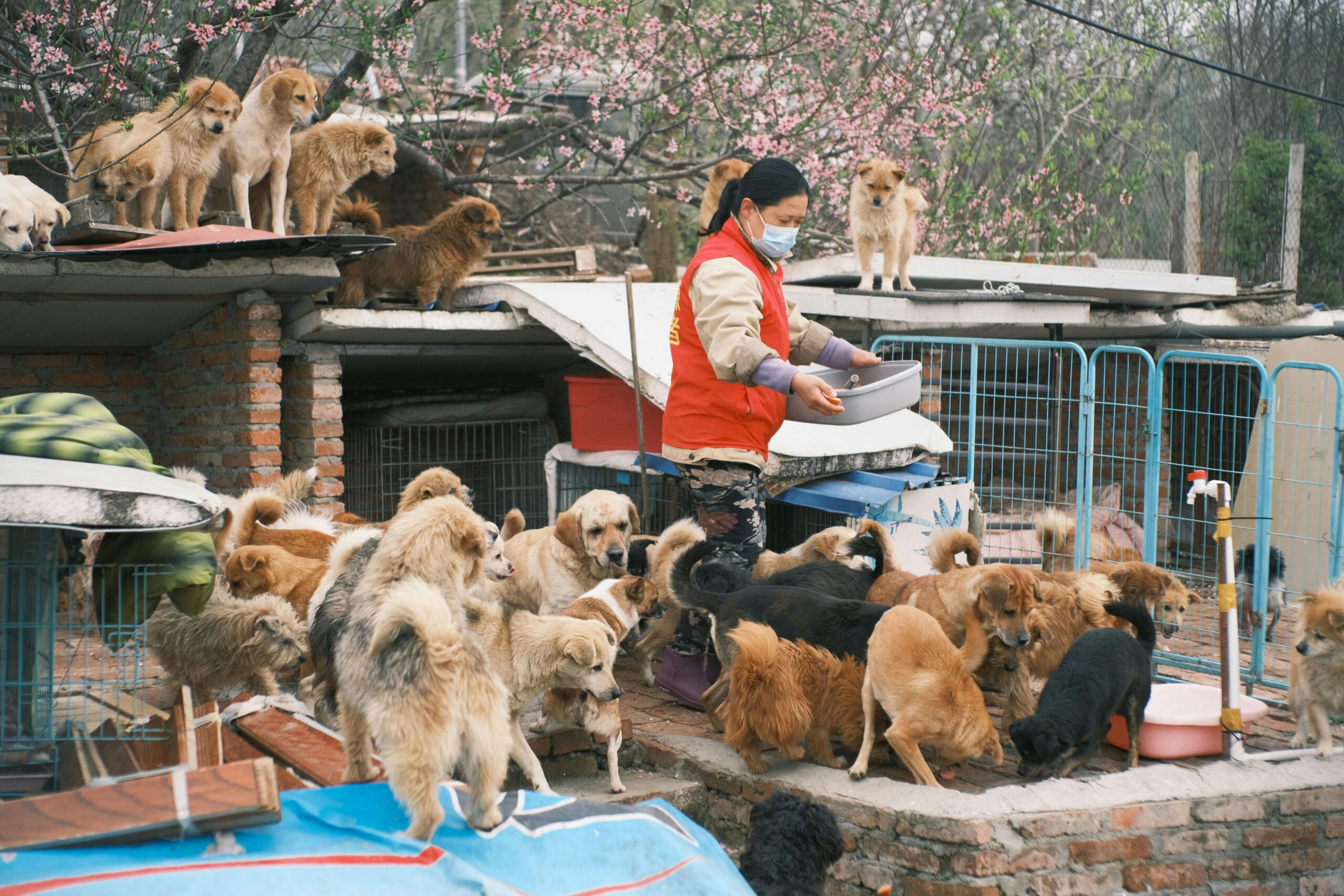
What Does a Dog Need to Eat?
A dog requires protein, carbs, fats, vitamins, and minerals to live healthily. Factors like age, activity levels, and health situation determine the quality and quantity of these nutrients. Puppies need more calories to grow, and older dogs need fewer calories to stay healthy.
How Do I Know Which Type of Dog Food to Buy?
Select a good-quality food that lists protein from meat sources first. Steer clear of fillers in the food, like corn or soy. Choose food that suits your dog's life stage — puppy, adult, or senior — and think about special dietary needs.
Can Dogs Eat Nutritional Yeast
Yes, dogs can eat nutritional yeast in moderation. It is a good source of B-vitamins, protein, and fiber, but excessive amounts can cause stomach upset or weigh gain. Be sure to consult your vet before adding any new item into your dogs diet.
4. How do I determine how much to feed my dog?
Use a dog nutrition calculator that computes your age, size, and level of activity. The amounts of food will be variable, but a good starting point is to start with the feeding guidelines on the food packaging and adjust based on your dog's condition.
Nutrition in Dog Food: What You Should Know
The quality of your dog’s food plays a major role in their overall health. Nutritional value should always be your top priority when choosing dog food. But how do you know what makes up a well-balanced dog food?
What to Look for in Dog Food ?
Protein Content: High-quality protein sources like chicken, beef, and fish should be the first ingredients in any dog food.
Healthy Fats: Fats from fish oil and chicken fat provide vital fatty acids for coat health and brain function.
Digestible Carbohydrates: Carbohydrates from brown rice, sweet potatoes, and barley are good sources of gentle digestion carbohydrates.
Additives and Fillers: Avoid food with excessive fillers because such food mainly consists of fillers like corn and soy products which really do not contribute much to nutrition.
A good dog food should not contain artificial preservatives, colors, and flavors. Ensure it matches the life stage of your dog (puppy, adult, senior) and specific nutritional needs.
What Is Dog Nutrition?
Nutrition for your dog is essential to keep her fit, healthy, and living on all fours. Dog nutrition simply means the supply of protein, carbohydrates, fats, vitamins, and minerals needed to keep your dog healthy, much like a human. Dogs, like humans, require a balanced diet.
Protein: Protein facilitates growth, maintains muscle mass, and supports the immune system. Meats, fish, and eggs are good sources of proteins.
Carbohydrates: Although carbohydrates are not strictly required, rice, potatoes, and grains can supply carbohydrates and fiber for digestion.
Fats: Healthy fats, such as in fish oil and flaxseed, support good skin, coat, and brain function.
Vitamins and Minerals: These, in varying amounts, are necessary for moderation of multiple bodily functions from bone health to immunity.
Providing your dog's diet with these essential nutrients will help them live a long, healthy life.
What Nutritional Needs Does a Dog Have?
Just like humans, dogs have certain requirements for nutrition based on age, size, breed, and activity levels. Puppies, adult dogs, and senior dogs will have totally different nutritional requirements.
Factors Affecting a Dog's Nutritional Requirements
Age: Growing and developing puppies require more protein and calories, while senior dogs may require fewer calories to stay at a healthy weight.
Size: Great Danes tend to have a larger size; they therefore require more food and high-protein levels than the Chihuahua breed.
Activity Level: Highly active dogs like working dogs require more energy and calories compared to dogs that spend most of their time in sedentary activities.
Health Status: Dogs with medical problems, such as obesity or kidney disease, may require certain types of food, for example, low-calorie diets or special supplements.
These will be best determined with your vet, based on your individual dog's diet.
Can Dogs Have Nutritional Yeast?
Indeed, dogs can eat nutritional yeast. They can safely have it provided it is not an over-feeding factor. Nutritional yeast is a good source of B-vitamins, protein, and fiber, and many pet food manufactures use this supplement to support skin health, energy levels, and digestion.
What are the Advantages of Nutritional Yeast for Dogs?
Promotes Healthy Coat and Skin: B-vitamins improve the condition of your dog's coat and skin.
Boosts Energy Levels: The vitamins and protein give the energy boost to the more active dogs.
Improves Digestibility: Nutritional yeast can improve digestion due to its fiber content.
Just use it sparingly, though —overuse could cause digestive discomfort or weight gain. Be sure to consult with your veterinarian before adding any new food sources to your pup's diet.
Conclusion
Subsequent to the choice of dog breed, far and away, the most important selection a first-time pet parent can make, select the right one for you, the individual needs, temperaments, and characteristics of different breeds. This is how choosing a breed that matches the place you call home builds a happy, healthy relationship with your darling little newcomer.
Think of it considering factors such as energy levels, grooming needs, and the relationship with family members since it never forgets to provide nutrition- for a healthy, productive life. and so the playful Golden Retriever or affectionate Cavalier King Charles Spaniel will bring immense joy and companionship into your house if chosen rightly. while remembering always ensures that the needs, beginning with proper nutrition, are met together with them for a healthy, happy life.
